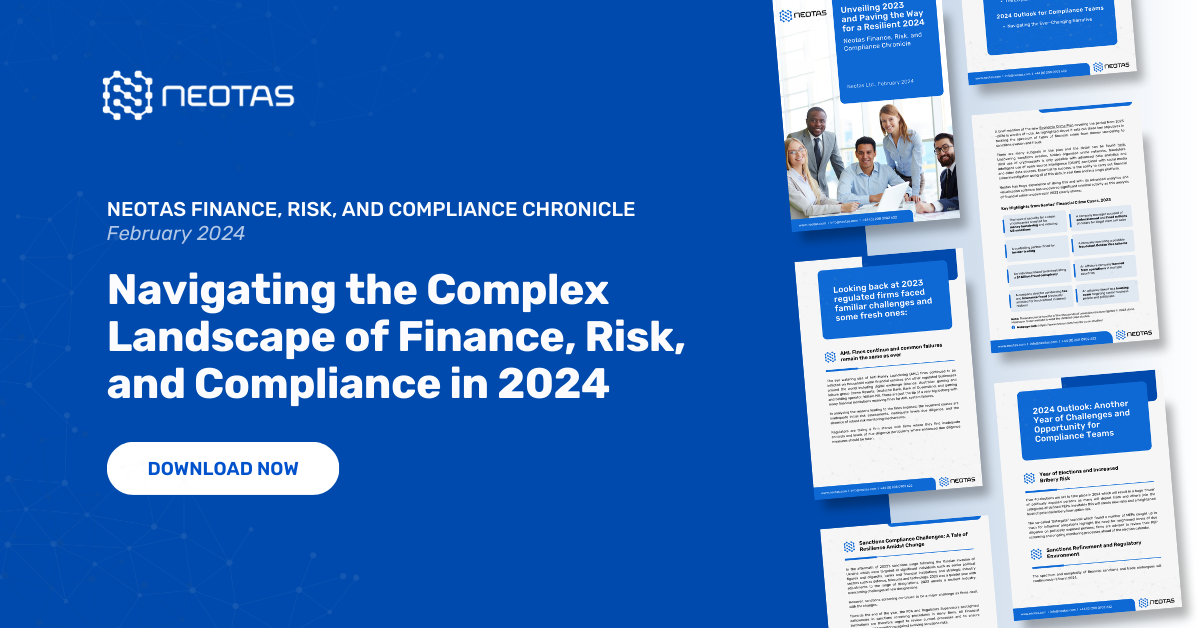As a recruiter, how often do you question a candidate’s accolades and accomplishments? In the case of Ms. Antoniadou, it seems this all happened too late. The story hit the press earlier this year and the case raised a few important points for hiring managers and recruiters when screening candidates.
Exaggerating credentials and overinflating accolades is something that is becoming more widespread in a competitive job market. So what’s the difference between over-exaggeration and fraud? What can be done in a world where 90% of HR Directors have found exaggerations on a CV or job application?
According to the story published in UAE, “In the days before widespread internet use, social media and the ability to vet someone’s profile online, it was easier to inflate past accolades to climb the greasy pole”
Do your online due diligence
The cost of a bad apple can be substantial. According to Bradford D. Smart in “Topgrading”, the cost of a bad hire can be anything up to 23 times their starting salary. If a candidate is willing to lie about their past achievements and education on a CV, how much are you willing to pay for the wrong candidate?
The recruitment landscape is shifting and in an increasingly digital world, there is a vast amount of information that can be gleaned online to help build a fuller picture of a candidate. It can also help flag reputational risks sooner.
Do it right and don’t discriminate
It’s important to vet and screen candidates with rigour, but it’s equally important not to involve any discriminatory bias in the process. Our online reputation screening is designed to enable recruiters to screen candidates safe in the knowledge that protected characteristics remain protected.
In the case of Ms. Antoniadou, online reputation screening could have raised flags sooner. A simple search online would have shown contradictory statements and news outlets raising a discrepancy. The company that Ms. Antoniadou claims to run successfully does not have an active Internet domain – another flag that would have been raised through online checks.
Online reputation screening is not there to catch people out. It can provide context and a more complete picture of the candidate. For example, we found charitable work spanning the year that was missing off an IT candidate’s CV. What we uncovered helped to build a picture of the candidate and provided better insight into the candidate for the role in question.
The story of Ms. Antoniadou serves as a reminder and the benefits of online reputation screening have never been clearer
Conclusion: CV Shortcomings
it’s crucial to acknowledge and understand the shortcomings of CVs in the recruitment process. While CVs provide a valuable snapshot of a candidate’s qualifications and experience, they often fall short in fully capturing a candidate’s true potential, personality, and suitability for a role. These limitations include the inability to showcase soft skills, lack of context for achievements, and potential biases in the selection process.



 Financial Crime Compliance Trends 2024
Financial Crime Compliance Trends 2024












